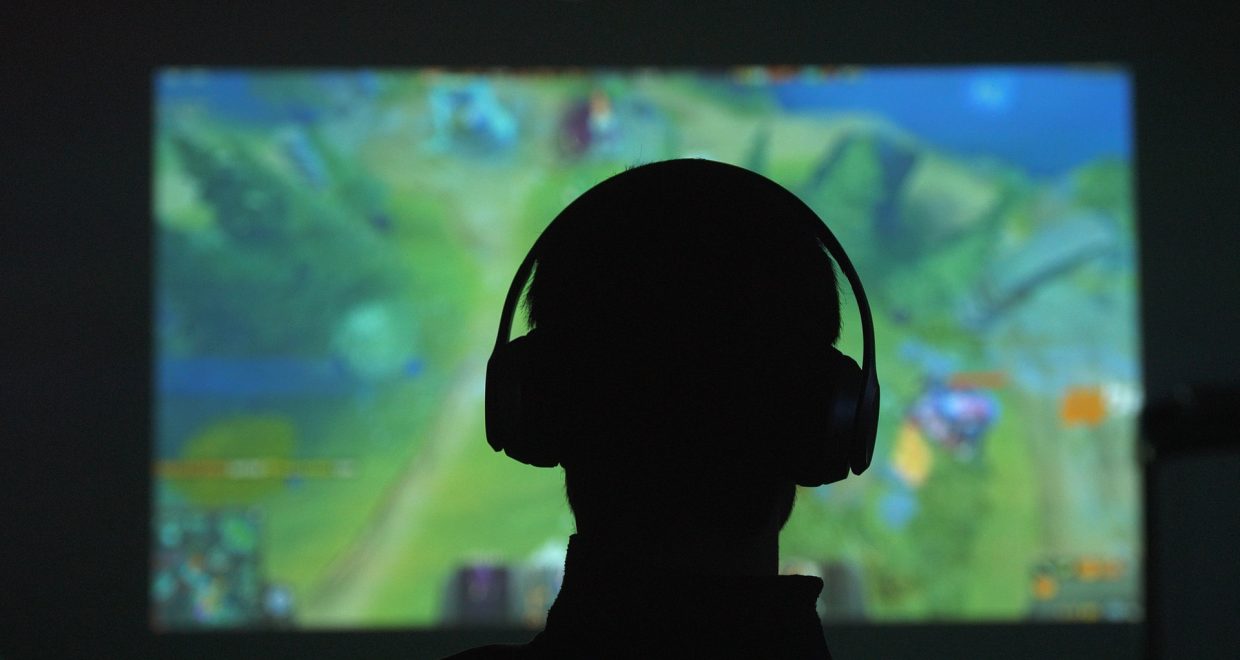Online gaming and gaming disorder: more than just a trivial pursuit
Online gaming has come a long way since more humble beginnings in the 1970’s, where games were text-based adventures and played among handfuls of people. Nowadays, online gaming is played and enjoyed by millions of people worldwide and is a multi-billion dollar industry. Online gaming is largely a pleasurable and harmless pursuit, with many people using gaming as a means of socialising or relaxation. However, given the rise in popularity and use of gaming, there is a concurrent risk of developing gaming disorder in a small minority of individuals. This risk has been recognised by the scientific community, leading to Gaming Disorder being included for the first time in the World Health Organization’s International Statistical Classification of Diseases and Related Health Problems (ICD-11), under the heading of ‘Disorders due to substance use or addictive behaviours’. Gaming disorder can cause significant mental health, social and financial difficulties for the individual, especially in young adults who are much more exposed to gaming and online gaming than their predecessors.
Gaming disorder differs from the traditional addictions that usually require some form of substance involved, such as drugs or alcohol. The very nature of gaming and online gaming itself is addictive. One of the main mechanisms by which this works is the “near-miss effect”. Most games engender some level of frustration when you do not reach your goal, prompting you to want to play more, likely utilising similar mechanisms and reward pathways in the brain seen in individuals addicted to slot machines.
The recently published article, “Online gaming and gaming disorder: more than just a trivial pursuit” published in Irish Journal of Psychological Medicine explores the inclusion of gaming disorder in the ICD-11 and it’s features, as well as discussing some of the psychopathology associated with gaming disorder. We also provide a brief introduction into the different mechanisms found in gaming that can lead to addictive behaviour, such as the psychology behind online gaming and the use of microtransactions in online gaming, an area that has courted controversy in the media. Finally, this article looks at treatment options available for affected individuals with a focus on the current situation in Ireland.
The Irish Journal of Psychological Medicine is dedicated to acting as an international forum for the publication of research on the science and practice of psychiatry. Its main aim is to disseminate original scientific research to a national and international readership with the objective of improving clinical practice and service development in mental health.
“Online gaming and gaming disorder: more than just a trivial pursuit” has been made freely available online until October 31, 2019.







I’m sure human brain can be devastated by these things. We need some fresh air.